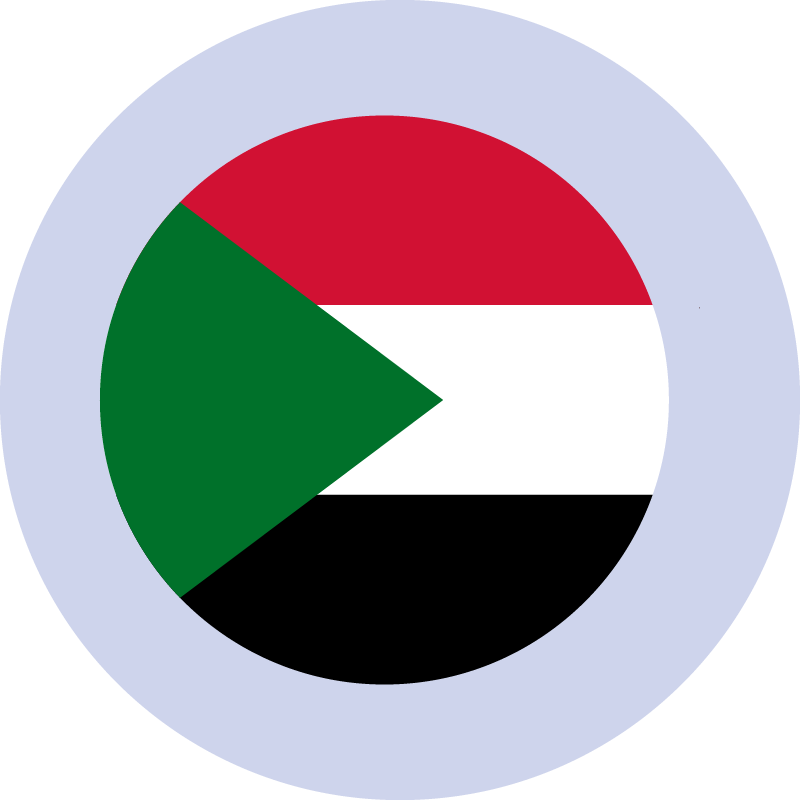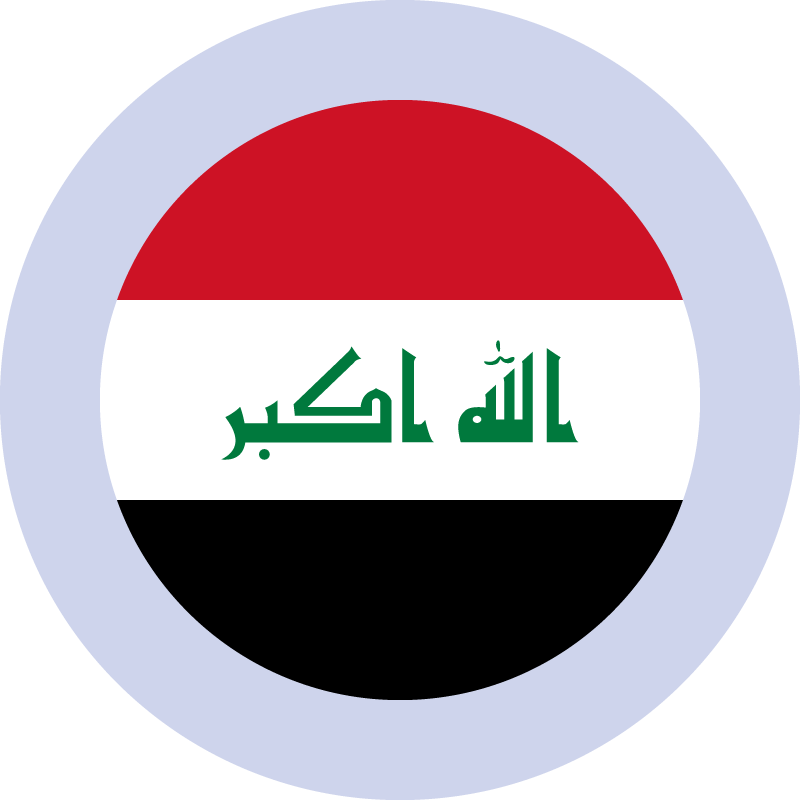 Insight
Insight
Make sure to read our latest research paper
Don’t miss our latest publication ‘Women’s Economic Empowerment in Iraq: Voices of Female Entrepreneurs’, written by GPG’s Head of Research and Analysis Müjge Küçükkeleş as part of our Voices from Iraq series under our then Sida-funded project in Iraq. You can read the publication here.
Discover our recent blogs
KAPE®: Four steps to delivering people-focussed change
This blog describes the Knowledge-Application-Practice-Effect methodology GPG developed over the last fifteen years of working in some of the most complex and sensitive political environments with politicians and officials in parliaments, political parties, ministries, and local government, and enables us to deliver ‘sticky’ institutional and behavioural change.
Make sure to read the associated publication here.
Towards a politics-conscious Project Cycle?
This piece outlines our README project cycle through which GPG ensures that political analysis remains a constant features of the way we work towards institutional change.
You may find the Politically Agile Programming paper on this topic here.
Higher Education Reform in Egypt: Putting Students at the Centre
International Day of Education was this month. Take a look at this blog by GPG Associate and professor of Constitutional law Adam Cygan, who explains the work we conducted in 2019 in Egypt with the Education Committee and the EduGate Fair.
 Sudan
Sudan
Adapting our anti-trafficking work to Sudan’s evolving context
Our Sudan Modern Slavery project aims to support the Sudanese government in improving the capacity of local administration in the country in preparation for the launch of an National Referral Mechanism (NRM) for victims of human trafficking.
At the moment, direct engagement with our local stakeholders at the National Committee for Combatting Trafficking (NCCT) has been put on hold since the military overthrow of the civilian government in October 2021. While peer-to-peer support with the NCCT is temporarily suspended, GPG is currently preparing an NRM comparative study for the Sudanese human trafficking committee’s use once they are able to work on their National Action Plan again. The study will draw on relevant cross-regional experiences from the MENA region and national/local government coordination mechanisms in the UK. To guarantee the effectiveness of the study, GPG is working to ensure all guidance is applicable to the Sudanese context, including the responsibilities of the state, local government, NGOs, and civil society organisations.
The team gathered learning points from a visit to various anti-trafficking institutions we conducted in Bahrain this past December. The collaboration between the Bahraini government and national/international agencies was instrumental in ensuring the adequate support to victims and potential victims of trafficking. There are further lessons to draw from Bahrain’s focus on the prevention of offences through the fostering of an environment where vulnerable groups feel empowered to report potential perpetrators.
A successful launch of an NRM system in Sudan would not only enhance the protection of vulnerable groups, but would also assist authorities in identifying and prosecuting perpetrators. The Sudanese government has made significant progress in advancing anti-trafficking policy over the past two years. We are hopeful that continued international support will ensure any progress made will prove fruitful.
 Iraq
Iraq
Reflecting on our three-year programme working with the Council of Representatives in Iraq
GPG three-year programme on “Improving Policy, Service Delivery, Gender Equality and Responsiveness to Iraqi Citizens”, funded by Sida has officially concluded. Over the past three years, the project worked closely with Parliamentarians and senior officials in the Council of Representatives (Cor) of Iraq. It focussed on establishing proactive and evidence-based oversight techniques through engaging directly with committees in the Parliament and covered wide-ranging policy areas of priority concern to Iraq citizens, such as water pollution, youth unemployment, domestic violence, women’s rights, and economic and financial reforms.
GPG looks forward to supporting the parliament as it prepares to receive its incoming new MPs, of which a large proportion represent the protest movement. Iraq’s political dynamic is ever changing, and the newly elected members are presented with promising opportunities to advance the political and legal reforms that citizens are urgently calling for, including curbing corruption, improving services, and restoring the rule of law.
GPG is maintaining close links and contact with our partners in the Iraqi Government, and we are at their disposal for any support may they require in the future while we confirm further funding. We are also exploring new opportunities to expand our work in the country.
 Lebanon
Lebanon
Local policy development and successful campaigning with potential women candidates
The Lebanon team resumed the delivery of our sessions after the Christmas break. With the support of our wonderful local associates and LOST, our local partners coordinating our work on the ground, participants were able to explore local policy development and discuss what successful campaigning might look like in Lebanon. The women attending those sessions delivered by our Local Associates have found these useful and have been able to identify key areas on which to work for potential candidacies. Don’t forget to follow us on Winning With Women’s Twitter and Winning With Women’s Instagram.
The research component of the project is also making good progress. We have conducted insightful interviews with political and institutional agents in Lebanon which have greatly contributed to our understanding of the topic at hand. The results will be completed with a survey which has been shared in Lebanon. We are now in the final stages of the analysis and are excited to share more soon – make sure to follow us on our platforms: Twitter, LinkedIn, and Instagram.



